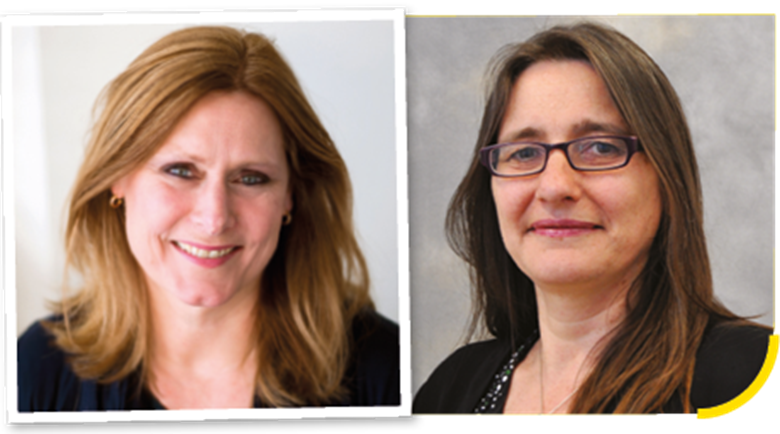Early years aid must rise
Sarah Brown, chair, Theirworld; Professor Pauline Rose director, Research for Equitable Access and Learning (REAL) Centre at the University of Cambridge
Tuesday, August 3, 2021
Sarah Brown, chair of Theirworld, and Dr Pauline Rose call on international aid donors to increase their investment in pre-primary education in the poorest countries

Study after study shows that spending on children’s formative, pre-school years, especially in the poorest countries, is one of the best investments that can be made.
That is when children’s brains are developing most rapidly and they can be set on a path that will best fulfil their potential.
Experts say that the rate of return for every pound spent on boosting the health, social skills and three Rs of the under-fives far outweighs the return on the same sum spent at a later age.
Young children who have the opportunity of early childhood programmes will learn more effectively when they begin primary school and are less likely to drop out of education – helping to level up opportunities across the globe.
World leaders recognised this when they agreed in 2015 that by 2030, no child should miss out on pre-primary education.
So, it is shameful that, as our new research reveals, they are still failing to put their money where their mouths are.
Our report, written by Cambridge University’s REAL Centre for Theirworld, is warning that eight in ten of the globe’s poorest children are missing out because of a chronic lack of funding. That is nearly 50 million young lives. And that was before the Covid-19 pandemic.
Since 2017, Theirworld has been calling on members of the international community to invest at least 10 per cent of their education aid budgets on the early years.
UNICEF and the Global Partnership for Education, two of the major funders for education in lower-income countries, show that reaching this target is possible.
If others did this for just 12 months, more than six million children in low-income countries could benefit from at least one vital year of early education. But the new report shows that, in reality, less than one per cent is currently spent on pre-school programmes.
Disappointingly, eight out of ten of the world’s biggest donors to education, including Sweden, the Netherlands and Saudi Arabia, give nothing at all. The UK devotes just 1.1 per cent.
This needs to change, and fast. If we give these children the best start in life, everybody wins. That’s the message we must take to the world leaders participating in meetings on global education this year.
If followed through, such investment will reap great rewards for the whole world. But the seeds must be sown now.




